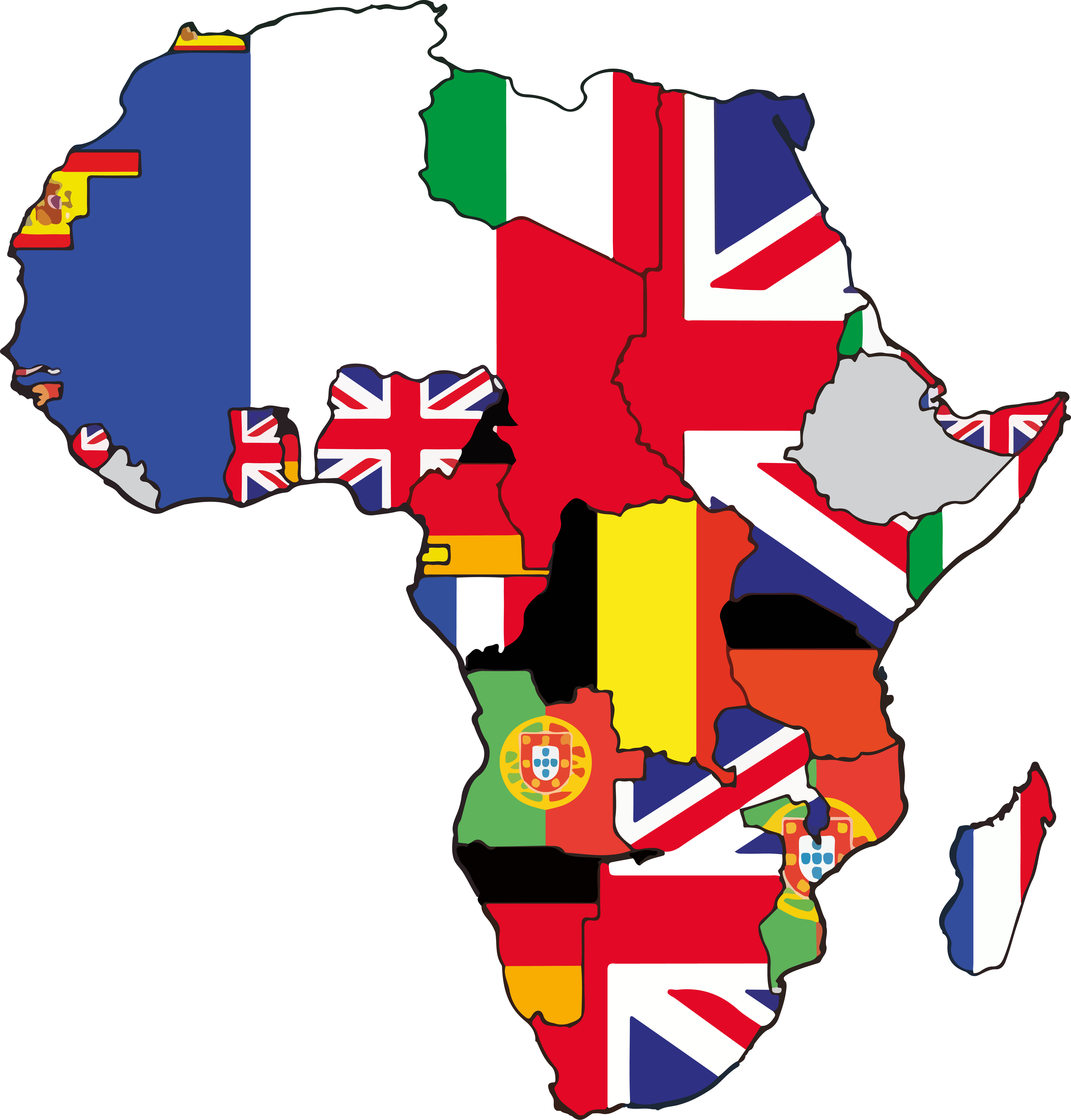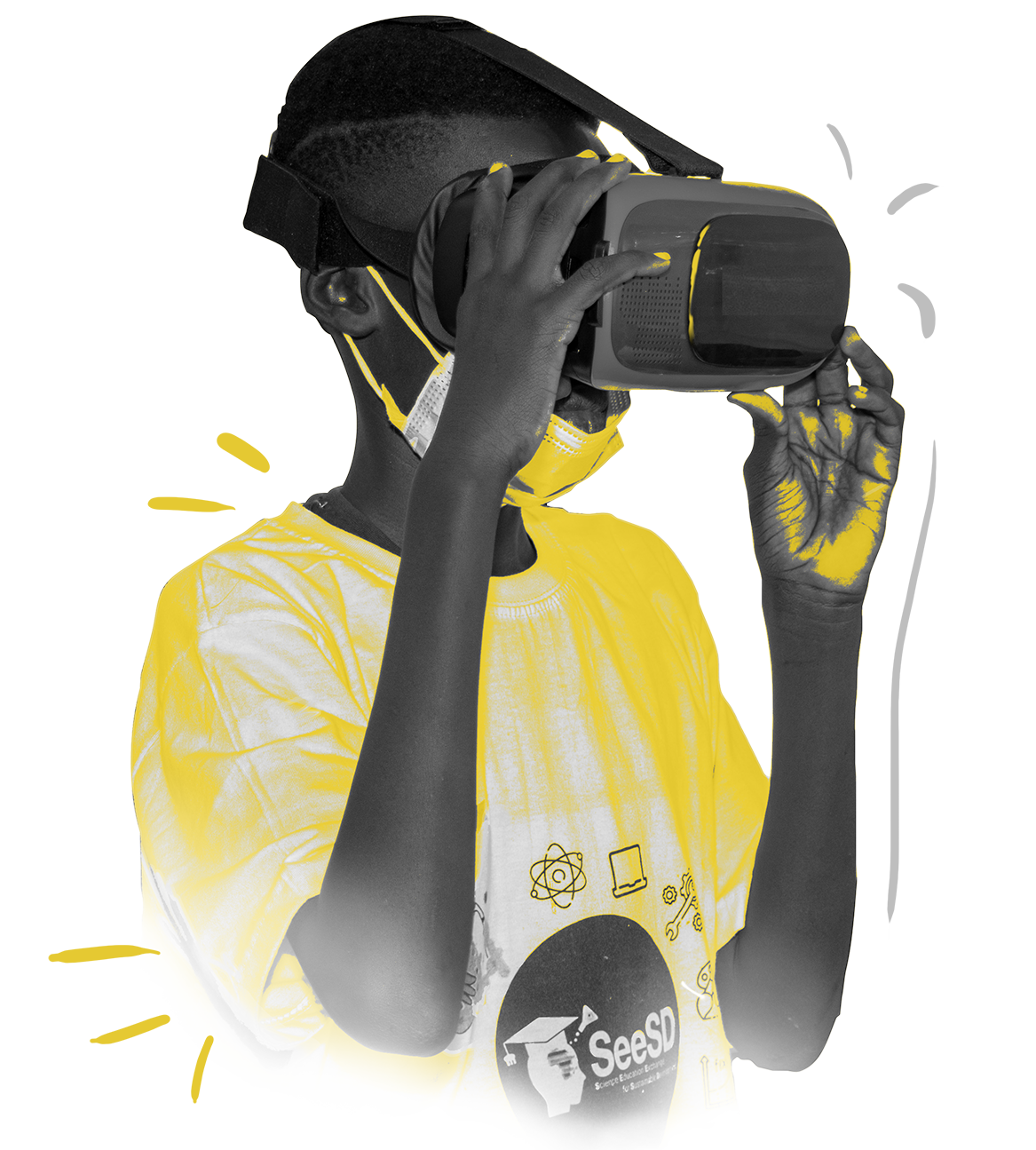
Africa needs STEAM education
The colonial history of Africa has led to a serious lack of scientific literacy amongst its citizens. The consequences today are fear and skepticism towards science, with people perceiving it sometimes as foreign led and irrelevant to their lives.
Africa represents
%
of the world’s population.
Africa has great untapped potential to transform its own and the global economy.
Over 60% of Africa’s population is currently under 25 years old, with Africa containing 19% of the global population of 15 to 24 year olds.
By 2035
sub-Saharan Africa will have a working population larger than the entire rest of the world combined.

In contrast, other workforces in the world are aging. Africa can produce a generation of young professionals that can take charge of the development of their countries.
Africa has the potential to contain some of the world’s fastest-growing economies, but it can only compete with the rest of the world if it invests in STEM education for young people.
Africa has the potential to contain some of the world’s fastest-growing economies, but it can only compete with the rest of the world if it invests in STEM education for young people.
Africa also needs to solve issues related to

Lack of educational infrastructure

Lack of materials

Staff shortages

Low student attendance

Weak governance
Studies estimate that between
50 to 85 %

of U.S. GDP growth in the past 50 years can be attributed to advancements in science and engineering.

While non-African countries dedicate up to 4% of their GDP to scientific research, African countries have allocated little to no funding to science, thus increasing the gap between Africa and other countries in STEM performance and therefore economic development.
Less than 25% of African higher education students are in STEM fields, with the majority of students studying social sciences and humanities.

Unfortunately, most African schools do not specialize in STEM subjects. Hence, the educational opportunities to be in STEM are very limited and sometimes inexistant in certain STEM fields.
Many students if they can afford it, choose or must travel abroad to pursue an education in STEM.
Those who stayed and are skilled often choose to emigrate to other continents to earn their livelihoods.
“Brain drain”

Each year,
70,000
skilled professionals make this exodus. Brain drain diminishes the development of industries like STEM which need highly educated nationals.
Due to the lack of a domestic STEM workforce, most STEM jobs in Africa today are outsourced to other countries, including the U.S., China, and India.

For example, because China has a large workforce of engineers, China has a strong presence in development projects in Africa. In 2014, 87 Chinese construction teams traveled to Kenya to construct the Standard Gauge Railway.

More than half of STEM funding comes from international players. Although this supports African development, it also means that projects are not necessarily designed to support Africans so much as the countries providing the funding.
More than half of STEM funding comes from international players. Although this supports African development, it also means that projects are not necessarily designed to support Africans so much as the countries providing the funding.

A few organizations are taking steps. The government in South Africa, for example, now requires organizations to spend 1.5% of their payroll on training their workforce.
STEM education is a critical key to Africa’s future.
Over the next decade, job openings requiring STEM literacy are expected to increase by the thousands.

Robotics

A.I

Biotechnology
African Union has created a science and technology consolidated plan. The plan urges members to spend 1% of their GDP on research and development to enhance STEM innovations.

Agenda 2063 is a long-term framework intended to transform the African continent over 50 years.
The agenda aspires that,
by 2063
Africa shall be a continent where “well-educated and skilled citizens, underpinned by science, technology, and innovation for a knowledgeable society is the norm and no child misses school due to poverty.”

To ensure the bright STEM future for Africa envisioned by the African Union’s Agenda 2063, governments and organizations like ours must step up and take action.
